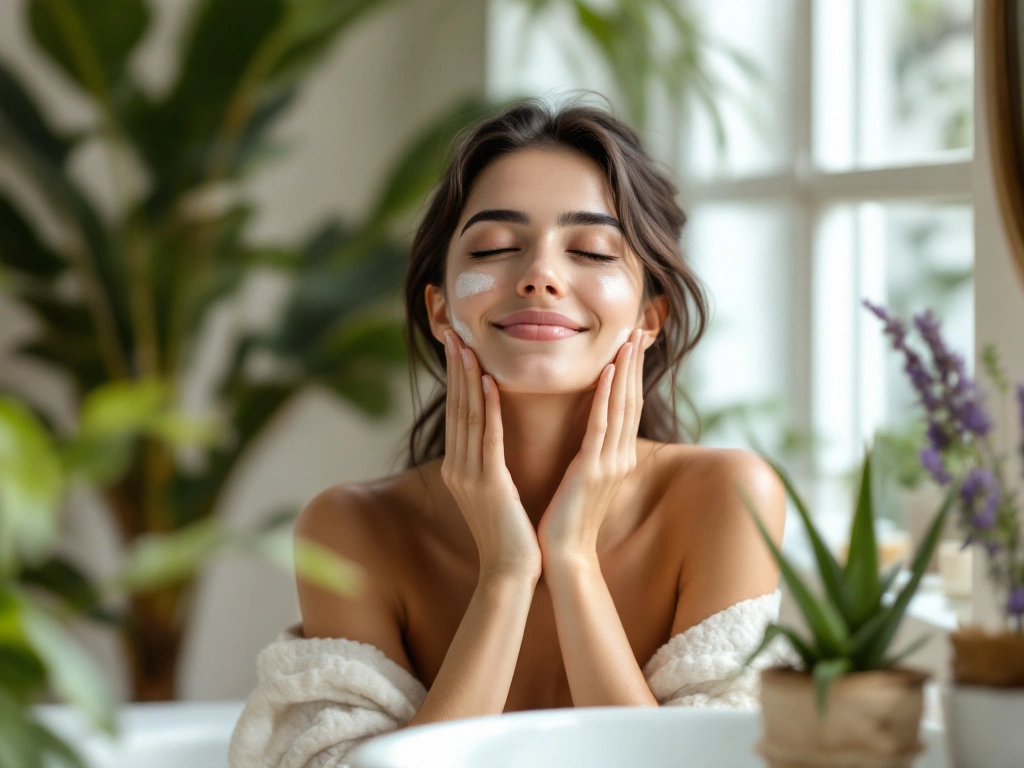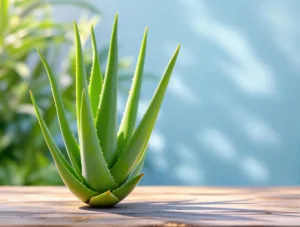Natural Remedies for Acne and Acne Scars: A Comprehensive Guide to Clear, Healthy Skin
Introduction
Acne is one of the most common skin conditions, affecting millions of people worldwide. From hormonal fluctuations to poor skincare habits, numerous factors contribute to breakouts, leaving behind stubborn scars that can linger for months or even years. While over-the-counter treatments and prescription medications are widely available, many individuals seek natural, chemical-free alternatives to combat acne and its aftermath.
This comprehensive guide explores the causes of acne, effective natural remedies to treat active breakouts, and proven methods to fade acne scars. Whether you struggle with occasional pimples or persistent cystic acne, these holistic approaches can help restore your skin’s health and radiance without harsh side effects.
Understanding Acne: Causes and Types
Before diving into treatments, it’s essential to understand what causes acne and the different forms it can take.
What Causes Acne?
Acne occurs when hair follicles become clogged with oil (sebum), dead skin cells, and bacteria. Key contributing factors include:
- Hormonal changes (puberty, menstruation, pregnancy, PCOS)
- Excess sebum production (often triggered by genetics or diet)
- Bacterial overgrowth (Propionibacterium acnes thrives in clogged pores)
- Inflammation (leading to redness, swelling, and pain)
- Diet and lifestyle (high sugar intake, dairy, stress, and lack of sleep)
Types of Acne
- Non-inflammatory acne – Includes blackheads and whiteheads (mild clogged pores).
- Inflammatory acne – Characterized by red, swollen pimples (papules and pustules).
- Cystic acne – Deep, painful, pus-filled nodules that often lead to scarring.
Understanding your acne type helps tailor the most effective natural treatments.
Natural Remedies for Active Acne
Many natural ingredients possess antibacterial, anti-inflammatory, and sebum-regulating properties that can help clear acne. Below are some of the most effective solutions.
1. Tea Tree Oil
A powerful antimicrobial and anti-inflammatory agent, tea tree oil is highly effective against acne-causing bacteria.
How to Use:
- Dilute 2-3 drops of tea tree oil with 1 tsp of carrier oil (jojoba or coconut oil).
- Apply directly to blemishes using a cotton swab.
- Leave on overnight and rinse in the morning.
Tip: Avoid undiluted tea tree oil, as it can cause irritation.
2. Honey and Cinnamon Mask
Raw honey has antibacterial properties, while cinnamon improves circulation and reduces inflammation.
Recipe:
- Mix 2 tbsp raw honey with 1 tsp cinnamon powder.
- Apply to clean skin and leave for 10-15 minutes.
- Rinse with lukewarm water.
Best for: Reducing redness and preventing bacterial growth.
3. Aloe Vera Gel
Aloe vera soothes inflammation, speeds up healing, and prevents scarring.
How to Use:
- Extract fresh gel from an aloe leaf (or use pure store-bought gel).
- Apply a thin layer to acne-prone areas twice daily.
Bonus: Aloe vera also moisturizes without clogging pores.
4. Apple Cider Vinegar Toner
Apple cider vinegar (ACV) balances skin pH and fights bacteria.
Recipe:
- Mix 1 part ACV with 3 parts water.
- Apply with a cotton pad after cleansing.
- Rinse after 5-10 minutes if skin is sensitive.
Caution: Always dilute ACV to avoid burns or irritation.
5. Green Tea Extract
Rich in antioxidants, green tea reduces sebum production and inflammation.
How to Use:
- Brew green tea, let it cool, and apply to skin with a cotton pad.
- Alternatively, use matcha powder mixed with water as a mask.
Natural Treatments for Acne Scars
Post-acne hyperpigmentation and scars can be stubborn, but natural remedies can help fade them over time.
1. Rosehip Seed Oil
Packed with vitamins A and C, rosehip oil promotes skin regeneration and reduces discoloration.
How to Use:
- Massage a few drops into scars nightly.
2. Lemon Juice (for Dark Spots)
Lemon’s citric acid acts as a natural exfoliant, lightening scars.
How to Use:
- Dilute lemon juice with water and apply to scars for 10 minutes before rinsing.
- Warning: Avoid sun exposure after application to prevent further pigmentation.
3. Turmeric and Yogurt Mask
Turmeric has anti-inflammatory and brightening effects, while yogurt contains lactic acid for gentle exfoliation.
Recipe:
- Mix 1 tsp turmeric with 2 tbsp plain yogurt.
- Apply for 15-20 minutes, then rinse.
4. Baking Soda Exfoliation
A mild exfoliant that removes dead skin cells and promotes cell turnover.
How to Use:
- Mix 1 tsp baking soda with water to form a paste.
- Gently massage onto scars, then rinse.
Frequency: Use once or twice a week to avoid irritation.
Lifestyle and Dietary Tips for Clear Skin
Natural remedies work best when combined with healthy habits.
1. Hydrate Properly
- Drink at least 8 glasses of water daily to flush out toxins.
2. Eat a Balanced Diet
- Avoid: Dairy, sugar, and processed foods (linked to breakouts).
- Eat More: Omega-3s (salmon, walnuts), zinc (pumpkin seeds), and antioxidants (berries, leafy greens).
3. Manage Stress
- Practice yoga, meditation, or deep breathing to reduce cortisol-induced acne.
4. Never Sleep with Makeup On
- Always cleanse before bed to prevent clogged pores.
Final Summary and Expert Advice
Natural remedies offer a gentle yet effective way to treat acne and fade scars without harsh chemicals. While results may take time, consistency is key. For severe acne, consult a dermatologist, but for mild to moderate cases, these holistic approaches can significantly improve skin health.
Pro Tip: Always patch-test new ingredients to avoid allergic reactions. Combine remedies with a healthy lifestyle for long-term results.
By integrating these natural solutions into your skincare routine, you can achieve clearer, smoother, and more radiant skin—naturally.
Would you like any modifications or additional details on specific remedies?









Add comment